On February 3, 2016, the First District Appellate Court of Illinois issued an opinion in Stobe v. 842-848 West Bradley Place Condominium Association, a case involving a challenge to a condominium board rule imposing a 30% cap on leasing in the building. This opinion is of particular significance, as it is the first time in more than 20 years that the Illinois Appellate Court has spoken on this important topic of restrictions of leasing in condominiums.
Before the Stobe decision, condominium boards, property managers and attorneys have had to look to the 1995 case, Apple II Condominium Ass’n v. Worth Bank and Trust Co., for guidance. In the Apple II case, the Illinois appellate court held that a leasing restriction amendment, voted on by super-majority of unit owners, is presumed valid unless it is arbitrary, against public policy, or violative of a fundamental constitutional right of the owners. In holding that amendments are given a strong presumption of validity, the Court further noted that, in contrast, a leasing rule voted on by the board only, is entitled to less “deference”, and will be struck down unless the rule is affirmatively shown to be reasonable in purpose and application.
Despite Apple II’s preferred route of implementing a leasing restriction via amendment, the amendment route has been extremely challenging for condominium associations in the years following the real estate crash. As home values plummeted following the recession, a wave of underwater condominium owners began leasing their units in order to avoid a foreclosure or a major financial loss when selling. This trend was a major concern to condominium boards that feared that low owner-occupancy rates would hinder future condominium sales or refinances based on prevailing mortgage lending guidelines. The challenge for boards, however, was securing the necessary owner approval in order to pass the amendment, which varies from 67% to 75% of the ownership, depending on the declaration. With many units in foreclosure, and other units owned by investors that wished to lease, many boards simply could not secure the necessary votes. As such, boards throughout Chicagoland nonetheless moved forward with leasing restrictions via board vote only.
However, the appellate court in this recent Stobe case struck down a board rule capping the total number of units that could be rented at 30%. The existing declaration in that case gave the unit owners the right to lease their units, provided that they were not leased for hotel or transient purposes, or for terms less than six (6) months. The court noted that Section 18.4(h) of the Illinois Condominium Property Act gave the board power to promulgate rules, so long as such rules do not “conflict with the provisions of this Act or the condominium instruments.” Thus, without even getting into an Apple II analysis of reasonableness, the Stobe court held that the rule was invalid because it directly conflicted with the unit owner’s right to lease under the declaration.
While at first blush, the Stobe case seems to significantly limit the board’s ability to restrict leasing through rules, its actual affect may be much more limited. Specifically, the Stobe court observed that the section of that declaration governing leases did not include language that leasing was subject to “further regulation by the board.” Had the declaration included this type of board enabling language, the Court may have reached a different conclusion.
Given that a significant percentage of modern condominium declarations do indeed have this qualifying language in the leasing provision, as stated, we believe the Stobe holding is not definitive. Condominium boards should check their governing declaration, and if this common enabling language exists, we believe the board does have some leeway to implement limited scope leasing rules. However, it is further our opinion that if a board tried to implement an outright ban on leasing, such a rule would clearly be deemed invalid where a declaration provides for any ability to lease, regardless of whether or not the leasing right was subject to further regulation by the board.

